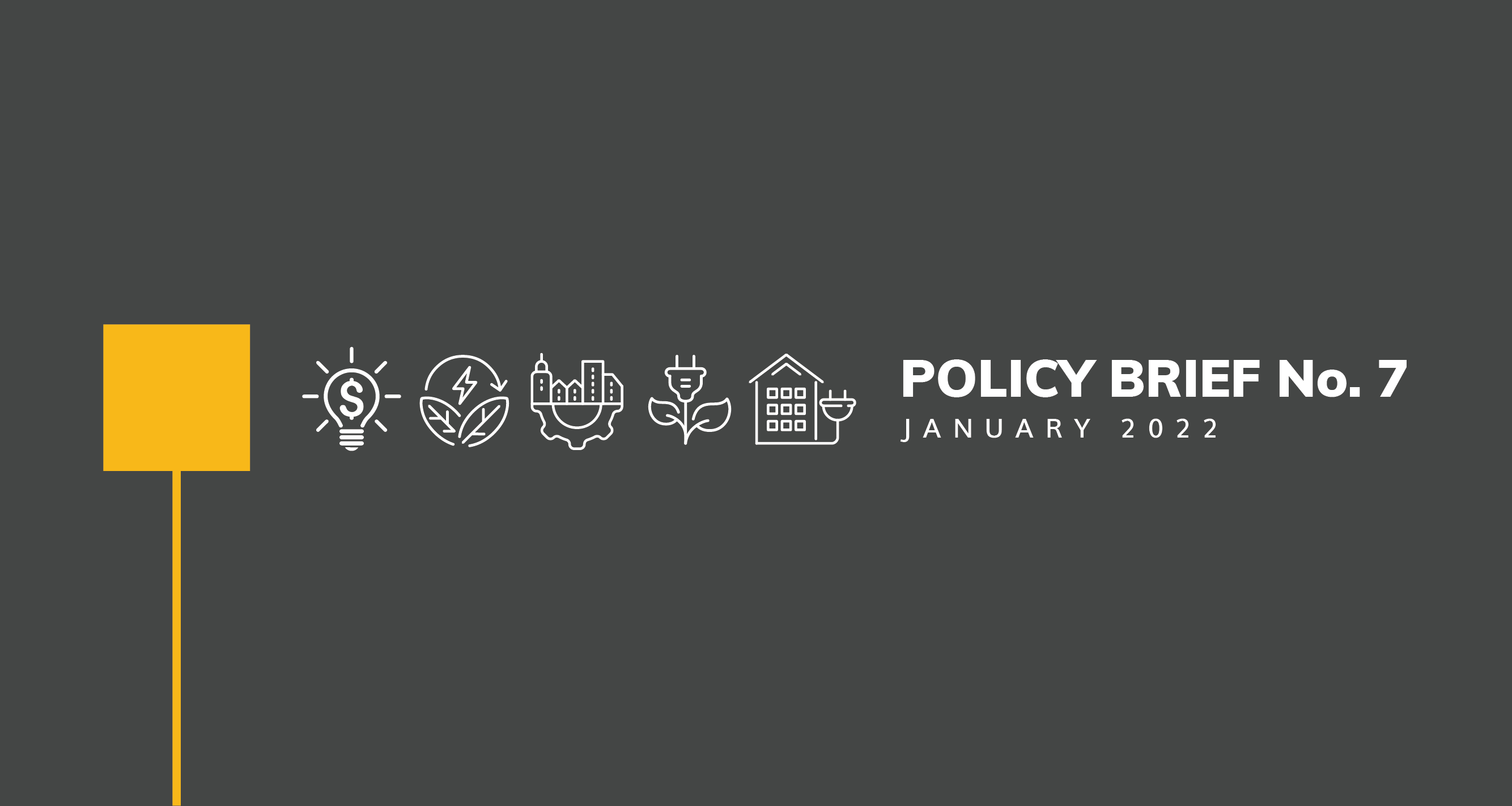Energy is at the heart of achieving many Sustainable Development Goals (SDGs)—from eradicating poverty through access to healthcare, education, and…
Key messages
- Electricity distribution utilities drive the expansion of energy access and the transition to clean energy. With the COVID-19 pandemic deteriorating the financial health of utilities, measures at operational, institutional, financial, and commercial levels should be initiated to make utilities economically sound and future-ready.
- Utilities must strive to become decarbonised, decentralised, and digitalised with a paradigm shift in their operations, particularly in planning, load forecasting, and energy utilisation in the grid. This can be accomplished by creating smaller profit and loss units within the distribution utilities to make operational-level officials more commercially inclined to the overall goal.
- Technical and commercial losses damage the operational and financial health of a utility. Given that COVID-19 has aggravated these losses further, investments in smart technologies must be improved and expedited to aid in reducing losses and assist utilities in making the transformation to a digitalised world.
- Reducing regional disparity in fund disbursements and introducing homogeneity of investment in the power sub-sectors can help utilities ensure system efficiency, grid extension, and renewable energy integration. Furthermore, bridging the investment gap through proper routing of funds for solar-based mini-grids can resolve the energy access problem, especially in rural and remote areas.
- Utilities should be able to earn enough to recover the cost of supplying power. Precise targeting of subsidies for consumers and ensuring cost-reflective tariffs can be instrumental in building self-sustaining utilities.


